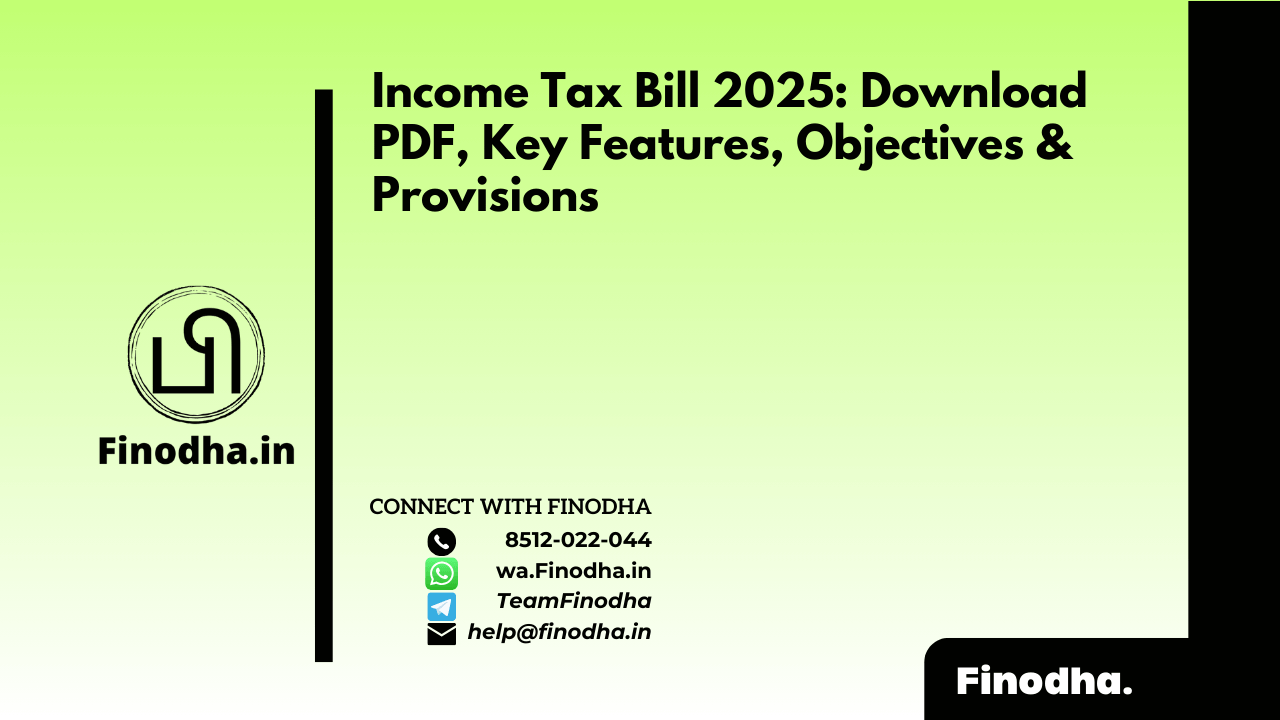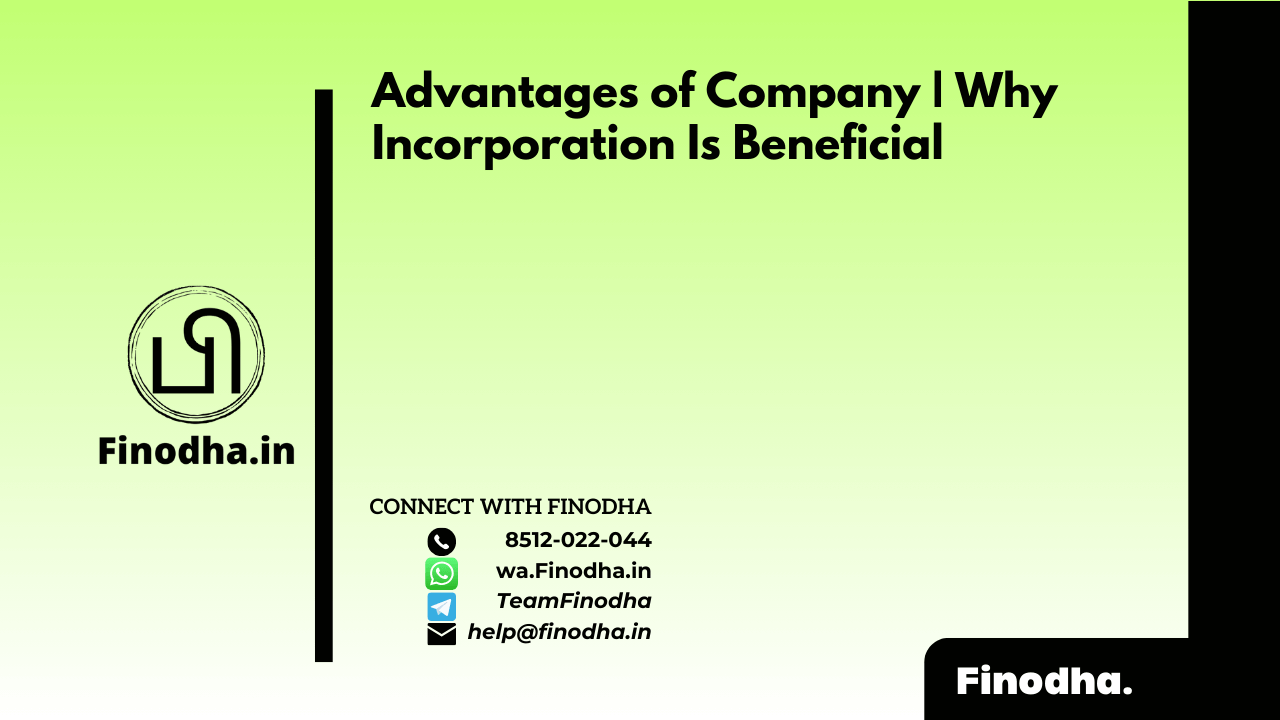Important Keywords: Cost Accounting, Financial Alchemy, Types of Costing, Advantages and Disadvantages, Alchemical Process, Importance, Financial Landscape, Financial Resilience, Financial Compass, Business Growth.
Table of Contents
Introduction:
In the intricate tapestry of business finance, cost accounting emerges as the artisan, meticulously crafting a detailed portrayal of a company’s production expenses. Like an ancient alchemist transforming base metals into gold, cost accounting transmutes raw financial data into valuable insights. Let’s embark on a journey to unravel the meaning, types, workings, and significance of this financial alchemy.
The Financial Alchemy Unveiled:
A method within managerial accounting, takes center stage, capturing the essence of a business’s production costs. With roots dating back to the industrial revolution, this financial alchemy found its purpose as companies sought to monitor fixed and variable costs, adapting to the complexities of a changing economic landscape.
Advantages and Disadvantages:
Navigating the Alchemical Realm: As we delve into the alchemical realm of cost accounting, we encounter its dual nature. Advantages shimmer with the ability to accurately determine production costs, inform decision-making, and evaluate performance. Yet, disadvantages cast shadows, including a focus on historical data and a limited scope that confines its utility to production-centric analyses.
Unveiling the Types of Cost Accounting:
A Palette of Techniques: It dons different hues, each catering to specific industries and production methods.
- Job Costing: A vibrant stroke used in construction, manufacturing, and custom design, assigning costs to individual jobs.
- Process Costing: A seamless blend for industries producing identical or similar products, allocating costs to each stage of production.
- Standard Costing: A precision tool involving setting standard costs, comparing them to actual costs, and identifying areas for improvement.
- Activity-Based Costing: A nuanced brush capturing the intricate dance of cost drivers, especially relevant in service industries.
The Alchemical Process:
How It Works: The alchemical process of cost accounting unfolds through systematic steps:
- Classify Costs: Like sorting magical ingredients, costs are classified based on their nature – variable, fixed, direct, or indirect.
- Assign Costs: The wizardry begins as costs are assigned to products or services based on their consumption of resources.
- Analyze Cost Data: The crystal ball of analysis reveals insights, highlighting areas for cost reduction and efficiency improvements.
- Make Informed Decisions: Armed with alchemical knowledge, businesses make decisions on pricing, resource allocation, and operational improvements.
Importance of Cost Accounting:
Illuminating the Business Landscape:
It serves as a radiant beacon, guiding managers through the intricate business landscape. It provides accurate data on production costs, aiding in decision-making, budgeting, forecasting, and evaluating performance. The alchemical insights derived from cost accounting illuminate the path to financial resilience.
Advantages:
Navigating the Sea of Finances: In the sea of finances, it serves as a reliable compass.
- Accurate Cost Determination: Precisely determines the cost of production, aiding in setting competitive prices.
- Informed Decision-Making: Equips businesses with data for strategic decisions, outsourcing, pricing strategies, and resource allocation.
- Performance Evaluation: Shines a light on departmental performance, enabling targeted improvements.
- Compliance: Assists in meeting legal and regulatory requirements related to financial reporting and tax laws.
Disadvantages:
Shadows in the Alcove: While the advantages shine, shadows lurk in the alcove.
- Focus on Past Data: Relies on historical data, limiting its predictive capabilities for future trends.
- Limited Scope: Primarily focuses on production costs, excluding broader financial considerations.
Cost Accounting vs. Financial Accounting:
A Duel of Disciplines: Cost accounting and financial accounting engage in a duel, each serving distinct purposes.
- Cost Accounting: Internally used for decision-making, budgeting, and efficiency improvements.
- Financial Accounting: Externally presented through financial statements for investors and creditors.
Conclusion:
The Alchemical Symphony of Business Finance: In the grand symphony of business finance, cost accounting emerges as the conductor, orchestrating a harmonious blend of precision and insight. Its alchemical nature transforms mundane financial data into golden opportunities for business growth and resilience. As we navigate the financial landscape, let’s appreciate the artistry of cost accounting and its enduring impact on the prosperity of businesses.
Read More: Decoding the Financial Dance: The Current Account Unveiled
Official Income Tax Return filing website: https://www.incometax.gov.in/iec/foportal/
Official GST common portal website: https://www.gst.gov.in/




